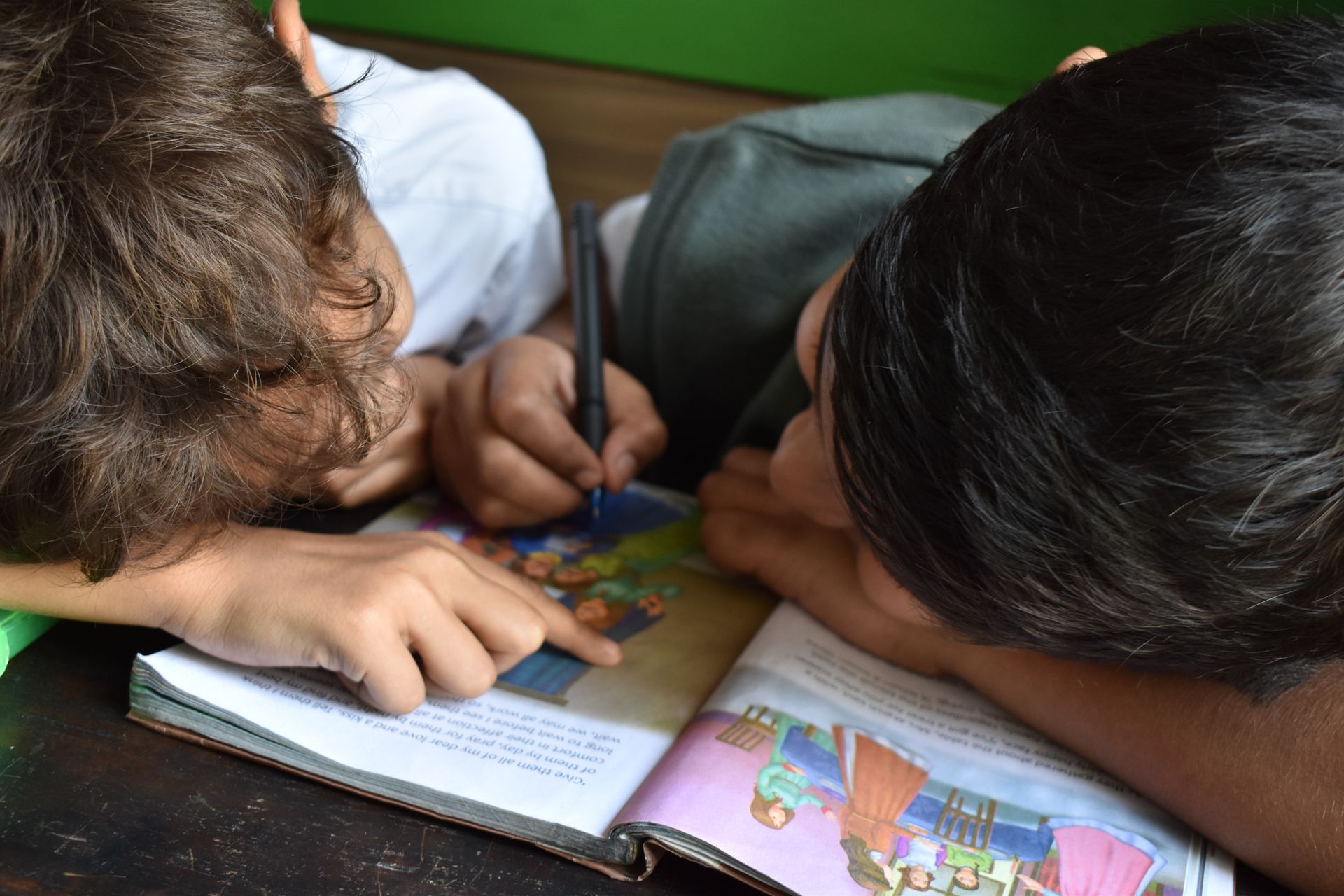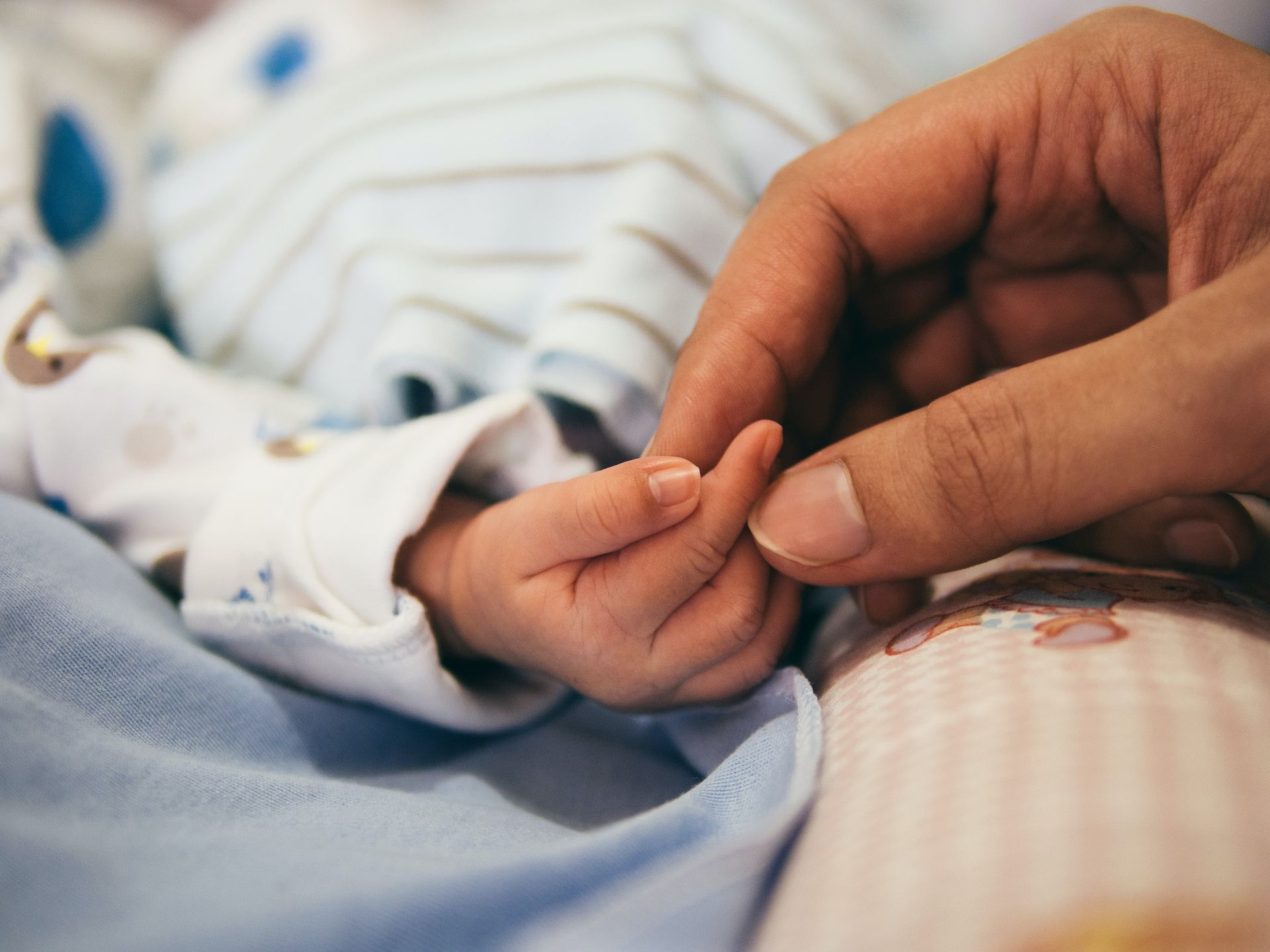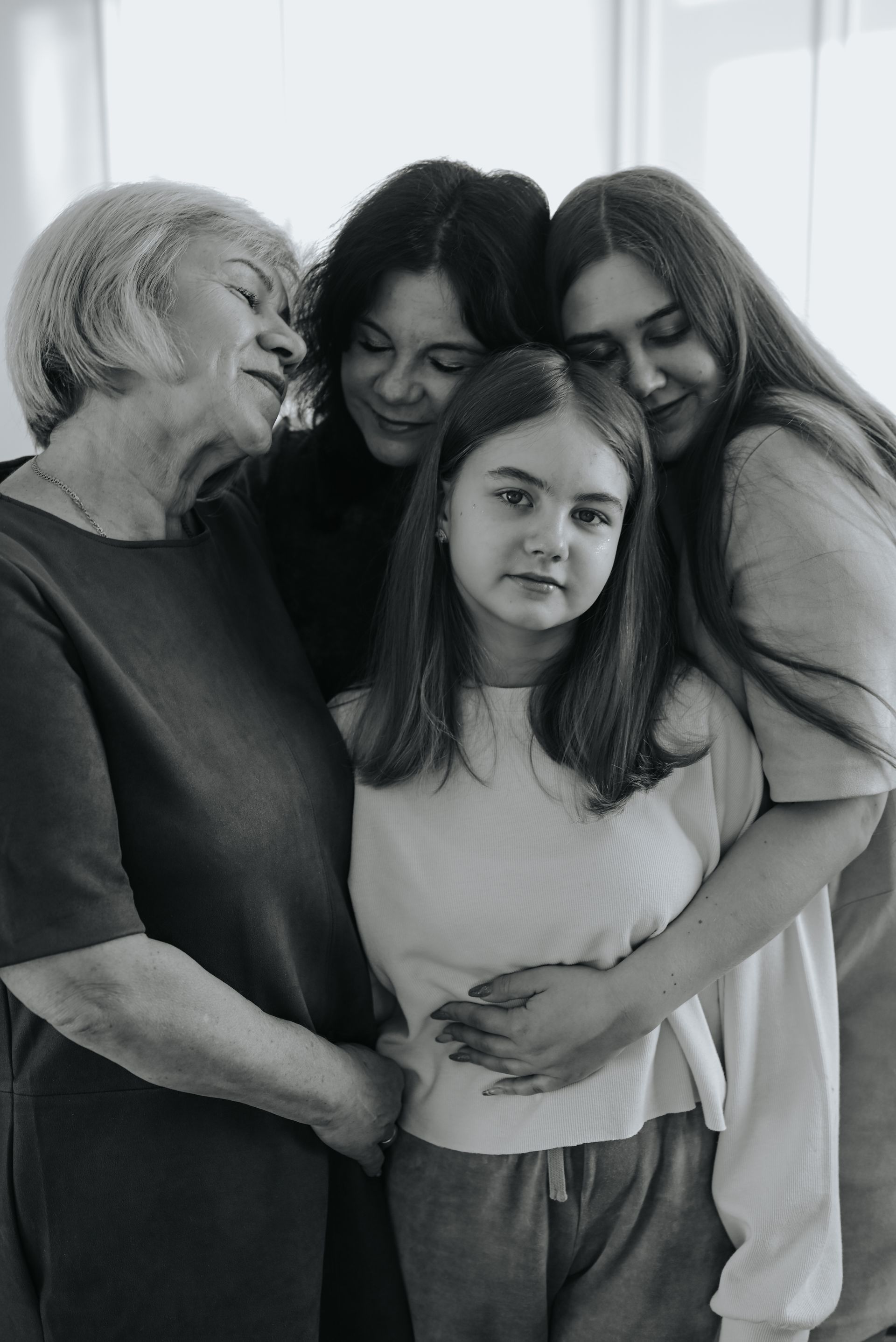Foster Care
Every child deserves someone to believe in them.
Be that someone.
Foster Care
Becoming a Foster Carer can be an incredibly fulfilling experience. At Plan and Grow, we recognise Foster Carers are just as important as the children themselves. We have adopted the Sanctuary Model as our guiding framework, ensuring our support mechanisms enable Foster Carers to feel valued, supported, and empowered.
Through ongoing training and support, our care model applies a holistic approach to ensure stable, safe and nurturing care is provided to the child. A collaborative effort enhances outcomes for both Foster Carers and the child. By prioritising the well-being and growth of Foster Carers, we aim to create an environment that fosters strong, long-lasting relationships.
We are committed to recognising the significance of Foster Carers by implementing a model that emphasises their value. By doing so, we create an environment that enriches the lives of both Foster Carers and the children.
Interested in becoming a Foster Carer?
FAQ's
Be that someone
Be that someone who believes in a child and empower them to be whoever they want to be in the world.









